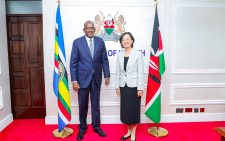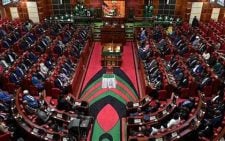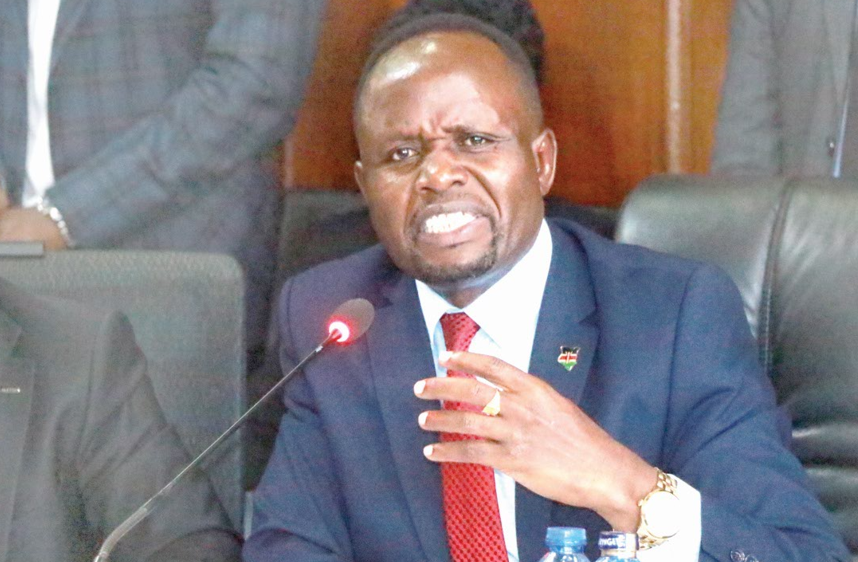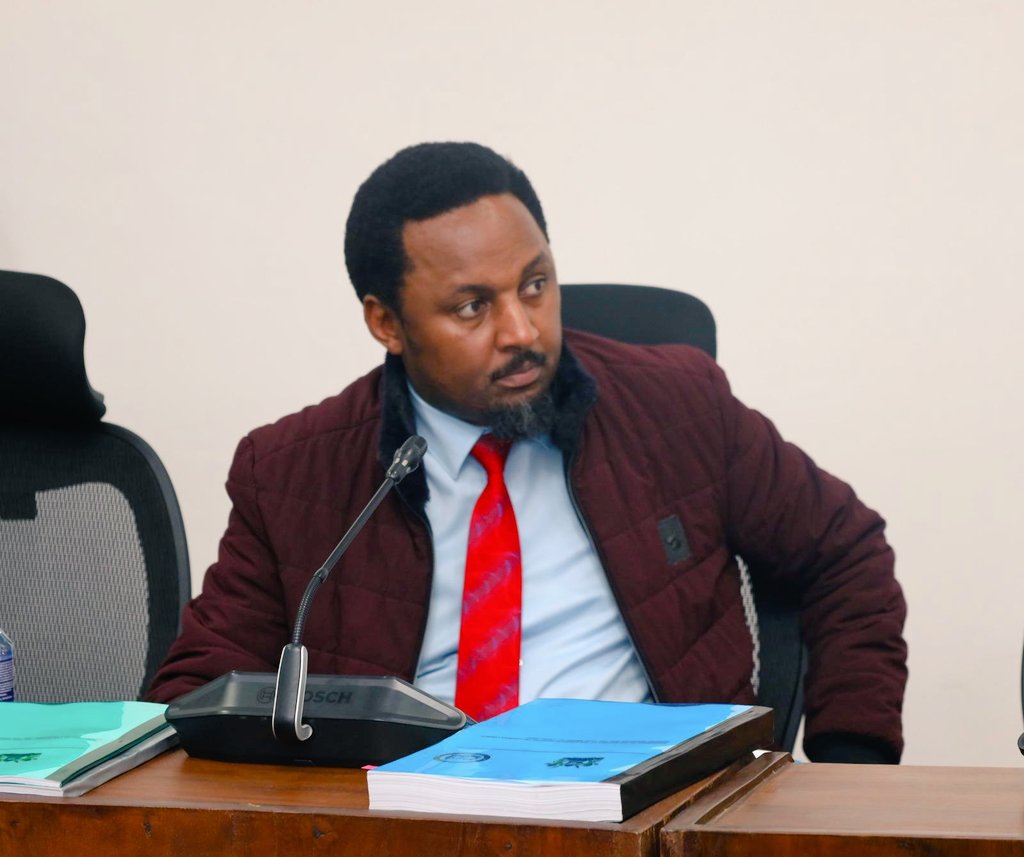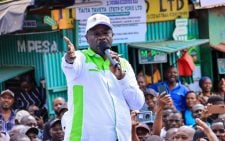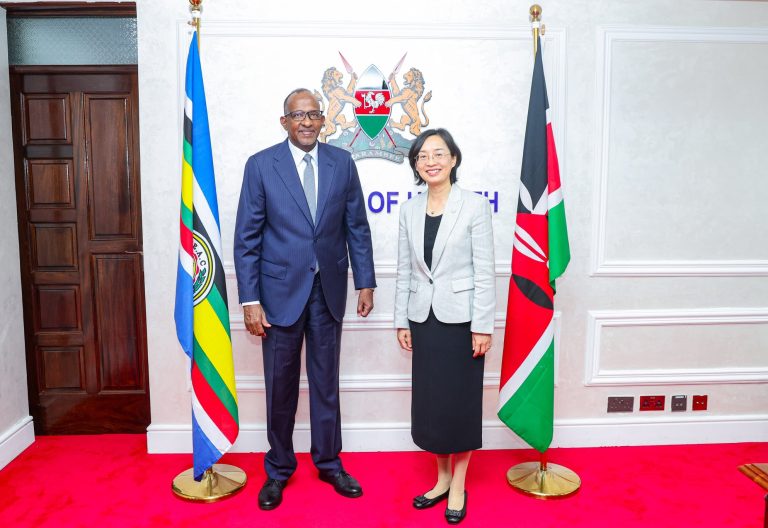Crisis as US relief agency halts Kenyan programmes

A health crisis is looming in Kenya after the United States Agency for International Development (USAID) suspended all its programmes in the East African nation.
It has also emerged that the administration of new US President Donald Trump is scheduled to stop the supply of life-saving drugs for HIV, malaria and tuberculosis as well as medical supplies for new-born babies in all countries supported by Usaid around the world.
Contractors and partners who work with Usaid begun receiving such memos yesterday to stop work immediately.
The move is part of a wider freeze on US aid and funding put in place since Trump took office on January 20.
One such memo went to Chemonics, a consulting firm that supplies medicines for a range of conditions worldwide. The memo covers the firm’s work on HIV, malaria and tuberculosis as well as contraception and maternal and child health supplies, one source and one former Usaid official told media.
“This is catastrophic,” said Atul Gawande, former head of global health at Usaid who left the agency this month.
“Donated drug supplies keeping 20 million people living with HIV alive. That stops today”.
Major losses
The move to suspend operations in Kenya is also going to have a far-reaching impact on the economy as hundreds of Kenyans are bracing for job losses and to lose sources of livelihood.
For close to 60 years Usaid has been involved in efforts to advance access to education, improve quality healthcare through nutrition, family planning, maternal and child health, treatment of malaria, tuberculosis, HIV/Aids, among others.
In a communication dated January 26, 2025 Jonathan Chappell, the agency’s Supervisory Contracting Officer announced the immediate stoppage or suspension of work by the agencies.
“This notice serves as a directive to all USAID/KEA Implementing Partners to immediately stop, cease, and/or suspend any work being performed under your respective Usaid/KEA contract, task order, grant, cooperative agreement, or other acquisition or assistance instrument,” the communication reads.
The relevant organisations have been instructed to immediately comply with the order, noting that the US Secretary of State has approved waivers of the pause under the Executive Order, subject to further review.
The exemptions include emergency food assistance and administrative expenses, including salaries, necessary to administer such assistance and legitimate expenses incurred prior to January 24, 2025, under existing awards or legitimate expenses associated with stop-work orders, suspensions, or pause-related amendments.
Workers have been asked to confirm compliance with the instructions outlined therein.
“The confirmation should include a statement confirming that all DEIA activities have stopped and a confirmation that no further costs will be incurred related to DEIA activities under your contract/ agreement with USAID,” the statement reads.
Disease risk
One local organisation funded through Usaid wrote to its employees informing them that they had cancelled all planned activities, because Usaid will only reimburse legitimate expenses incurred prior to January 24, 2025.
Working closely with the government and the private sector, Usaid-Kenya has helped lay the foundation for long-term economic growth through trade, agriculture and infrastructure initiatives. It has also been involved in making devolution work for Kenyans through democracy advocacy, good governance initiatives and conflict interventions.
Interruptions in treatment for HIV/Aids diseases mean that patients risk getting sick, as well as, in the case of HIV in particular, transmitting the virus to others.
Various development partners had also received notices that meant they would be unable to deliver medicines to clinics even if they had them in stock, or open the clinics if they are funded by the United States. That includes organisations working with 6.5 million orphans and vulnerable children with HIV in 23 countries, according to Gawande.
Trump ordered a 90-day pause in foreign development assistance on January 20, the day he took the oath of office, pending assessments of efficiencies and consistency with U.S. foreign policy.
